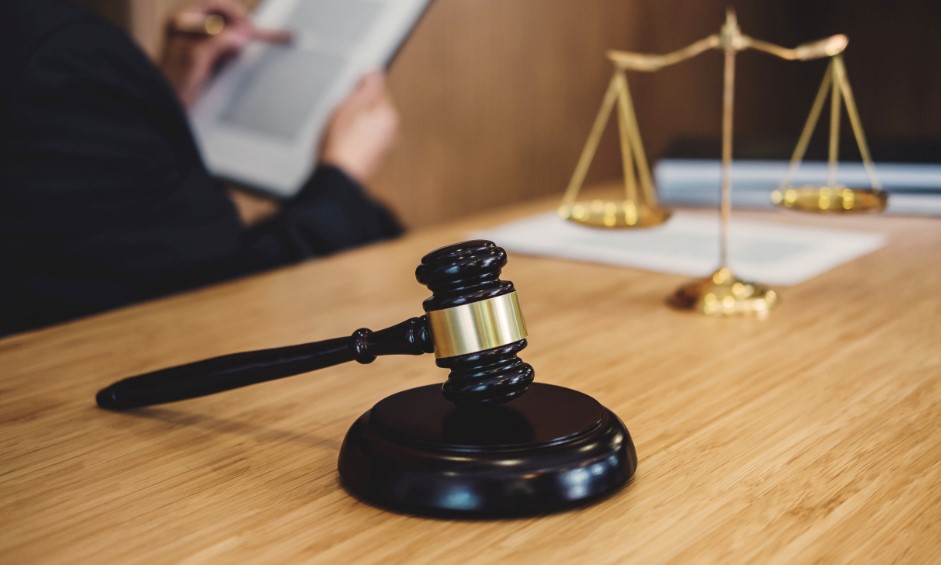
Whistleblowers have made a bit of a comeback as of late, thanks to controversial government practices and the coronavirus. But whistleblowers are nothing new and go back to when this country was first founded: The Continental Congress unanimously passed the first whistleblower law in July 1778, when 10 marines and sailors blew the whistle on Commodore Hopkins, the commander-in-chief of the Continental Navy, for corruption and allegedly torturing British prisoners of war.
This year, Maryland and Virginia have enacted new whistleblower protections, and several laws have been introduced in Congress to add additional whistleblower protections at the federal level. Here is an overview of the new laws in Maryland and Virginia as well as one of the more notable proposed federal laws.
New Maryland Whistleblower Laws For 2020
To bridge the gap between existing whistleblowing laws, Maryland passed HB 402, applying to the Washington Metropolitan Area Transit Authority (WMATA), which is the result of a congressionally authorized agreement between Maryland, Washington, D.C. and Virginia.
There are existing whistleblower laws that should apply to WMATA employees, such as Maryland’s Title 5, Subtitle 3 of the State Personnel and Pensions Article and the federal False Claims Act (FCA) which, given the WMATA’s unique legal status, do not. Effective October 1, 2020, sovereign immunity will no longer protect the WMATA when a current or former employee sues based on the FCA or Title 5, Subtitle 3 of the State Personnel and Pensions Article.
Also going into effect that day in Maryland is HB 123, which addresses pay disparities by protecting job applicants and employees who refuse to provide their wage history or ask for a wage range for a potential position, and, subject to certain exceptions, prohibits employers from using wage history as a factor in deciding whether to hire a job applicant or how much to pay them. The protections kick in if an employee or job applicant wishes to report or complain about a possible violation of HB 123 or if an individual cooperates with an investigation or legal proceeding relating to it, and prevents employers from retaliating against the individual by discriminating against them.
Virginia’s New Whistleblower Law
Until recently, Virginia had few statutory whistleblower protections for employees. Because Virginia is an at-will commonwealth, employers could fire employees for any reason, except when the termination would violate the law or go against public policy. This meant that whatever limited whistleblowing protection rights an employee had often only applied when the employer fired the employee, and that, in the event of a firing, if there was no specific law for an employee to claim the employer violated it would be more difficult to claim wrongful termination.
On July 1, 2020, HB798 went into effect, focusing on protecting whistleblowing employees retaliation. This includes firing, threats, discipline or discriminatory behavior for employees who engage in various whistleblowing and related actions, including:
- Reporting a violation of state or federal law to an appropriate individual, such as a law enforcement officer or government official.
- Having someone else act on an employee’s behalf when whistleblowing.
- Cooperating with a government investigation or proceeding concerning the reported unlawful behavior.
- Declining an employer’s request to break the law.
HB798 does not protect a whistleblower who acts in bad faith, reveals protected information or illegally discloses information.
Should an employer violate HB798, an employee can potentially obtain lost wages and other types of compensation, with interest; their old job; a court order forcing the employer to stop its actions that violate HB798; and reasonable legal expenses, including litigation costs and attorney’s fees.
Federal Whistleblower Protections
While there haven’t been any new whistleblower laws lately at the federal level, there is already a long list of whistleblower statutes in effect, including provisions in the Occupational Safety and Health Act of 1970, the Sarbanes–Oxley Act of 2002, the Asbestos Hazard Emergency Response Act of 1986, the Whistleblower Protection Act of 1989, the Whistleblower Protection Enhancement Act of 2012, the Intelligence Community Whistleblower Protection Act of 1998, the Dodd-Frank Wall Street Reform and Consumer Protection Act of 2010 and the Notification and Federal Employee Antidiscrimination and Retaliation Act of 2002.
Most of these and many other federal whistleblowing laws only apply for specific contexts and individuals. Others aren’t as effective as they should be because they lack important features, like strong enforcement provisions. One notable proposed federal whistleblowing law attempts to counter that trend.
Introduced by Senator Kamala Harris, the COVID-19 Whistle-blower Protection Act is intended to address the potentially fraudulent, wasteful and corrupt actions that could arise relating to coronavirus relief operations, taking a multi-faceted approach to protect whistleblowers who report wrongdoing, including:
- Creating a legal process for the investigation of whistleblower retaliation claims.
- Allowing victims of whistleblowing retaliation to file a civil action in federal court.
- Prohibiting gag orders that may be used to silence whistleblowers.
- Protecting the identity of individuals who agreed to become whistleblowers.
These protections largely parallel the whistleblower protections in the American Recovery and Reinvestment Act of 2009 which, until the coronavirus, was among the largest economic relief bills passed by Congress.
Whether this bill become law has yet to be seen. However, it is a positive sign that at least some members of Congress are taking the role of whistleblowers seriously and are attempting to provide them the legal protections they deserve.




